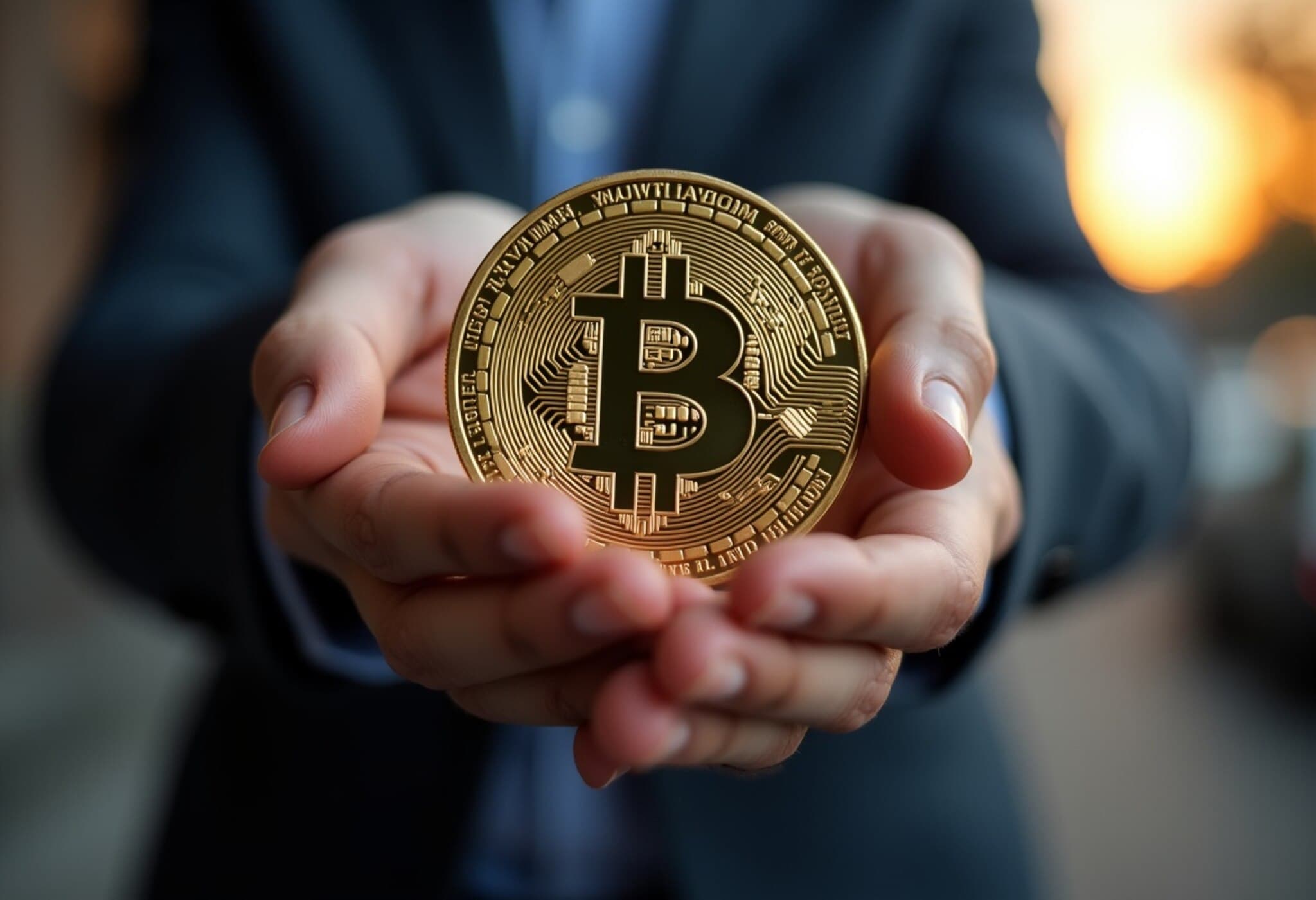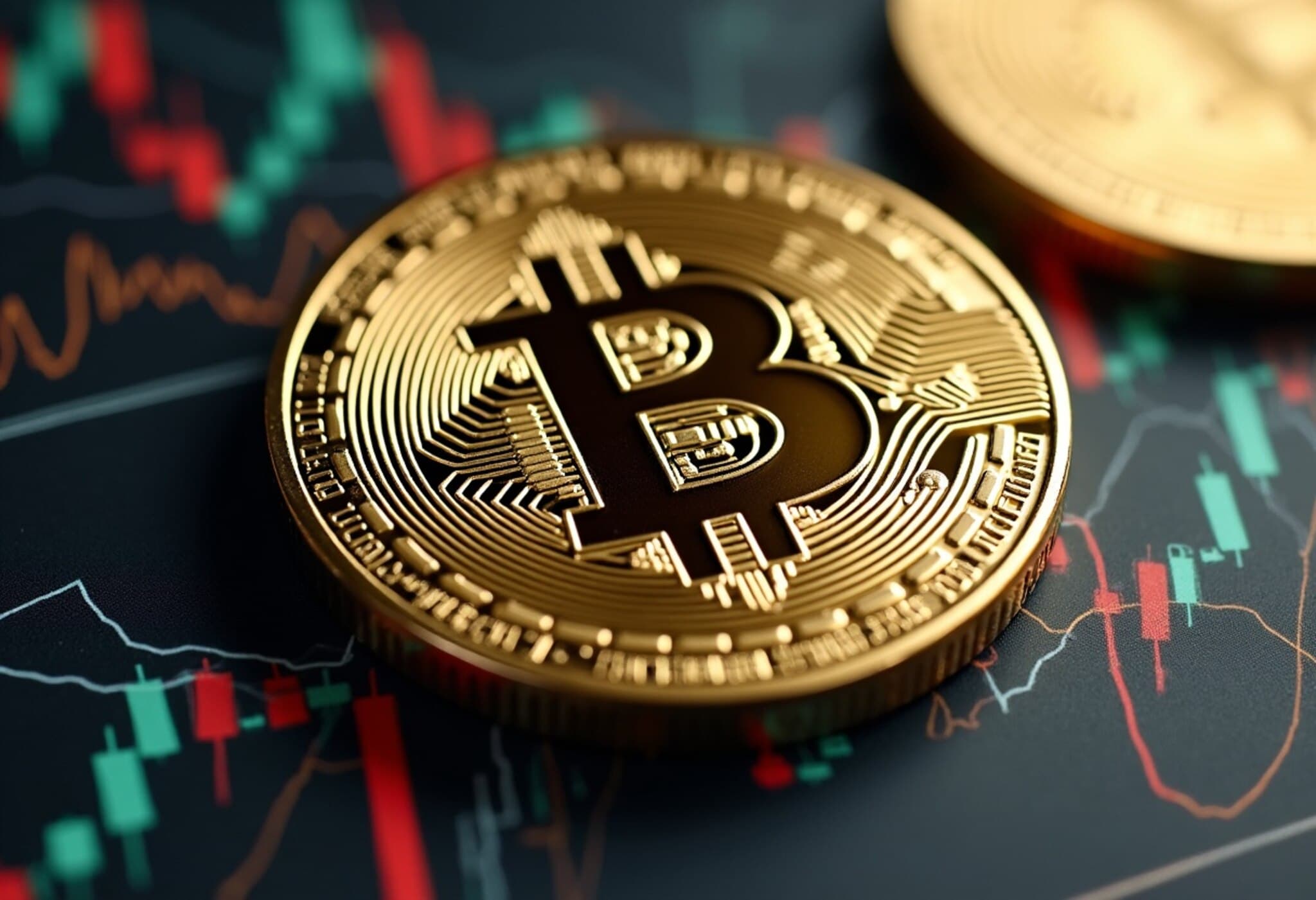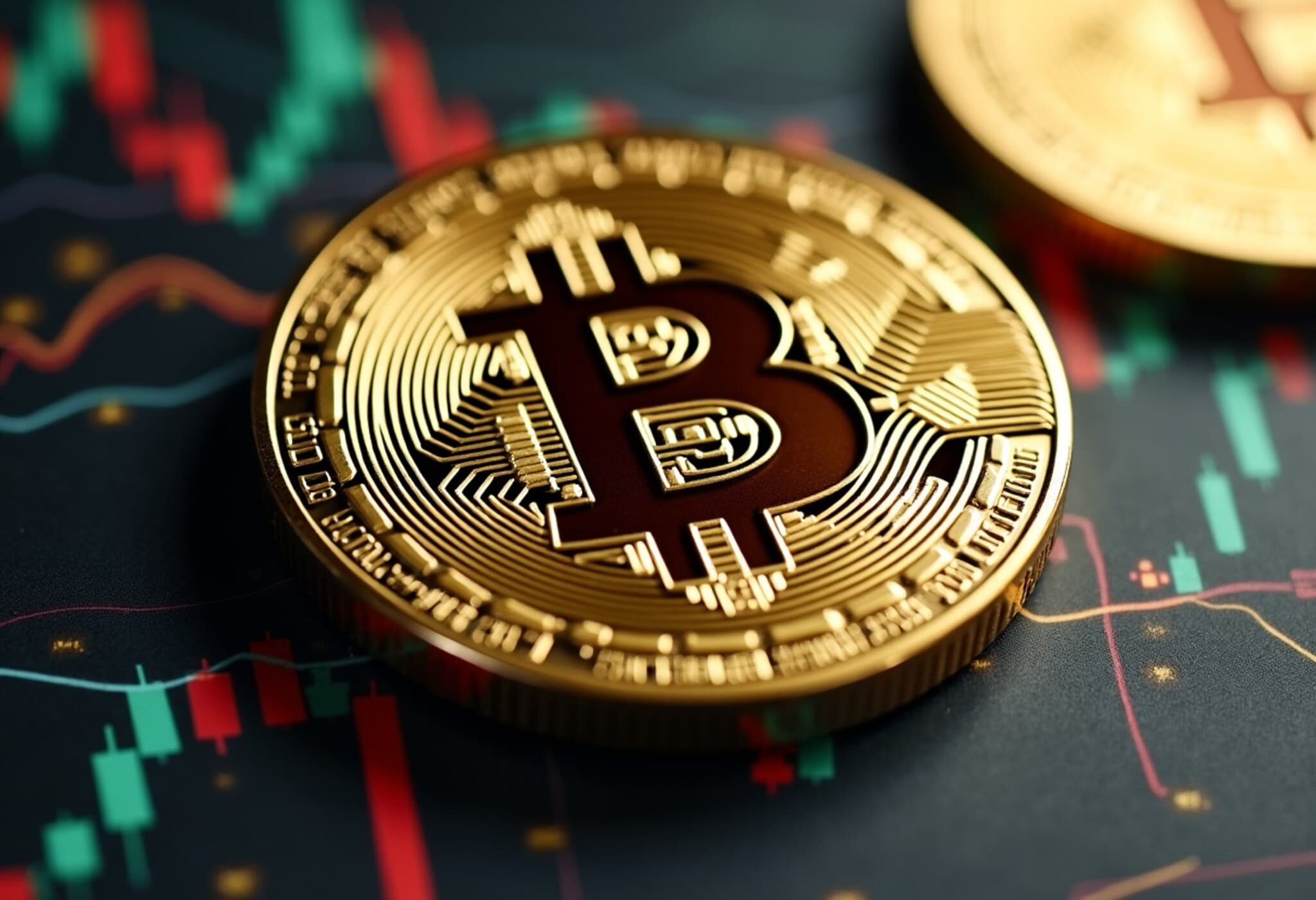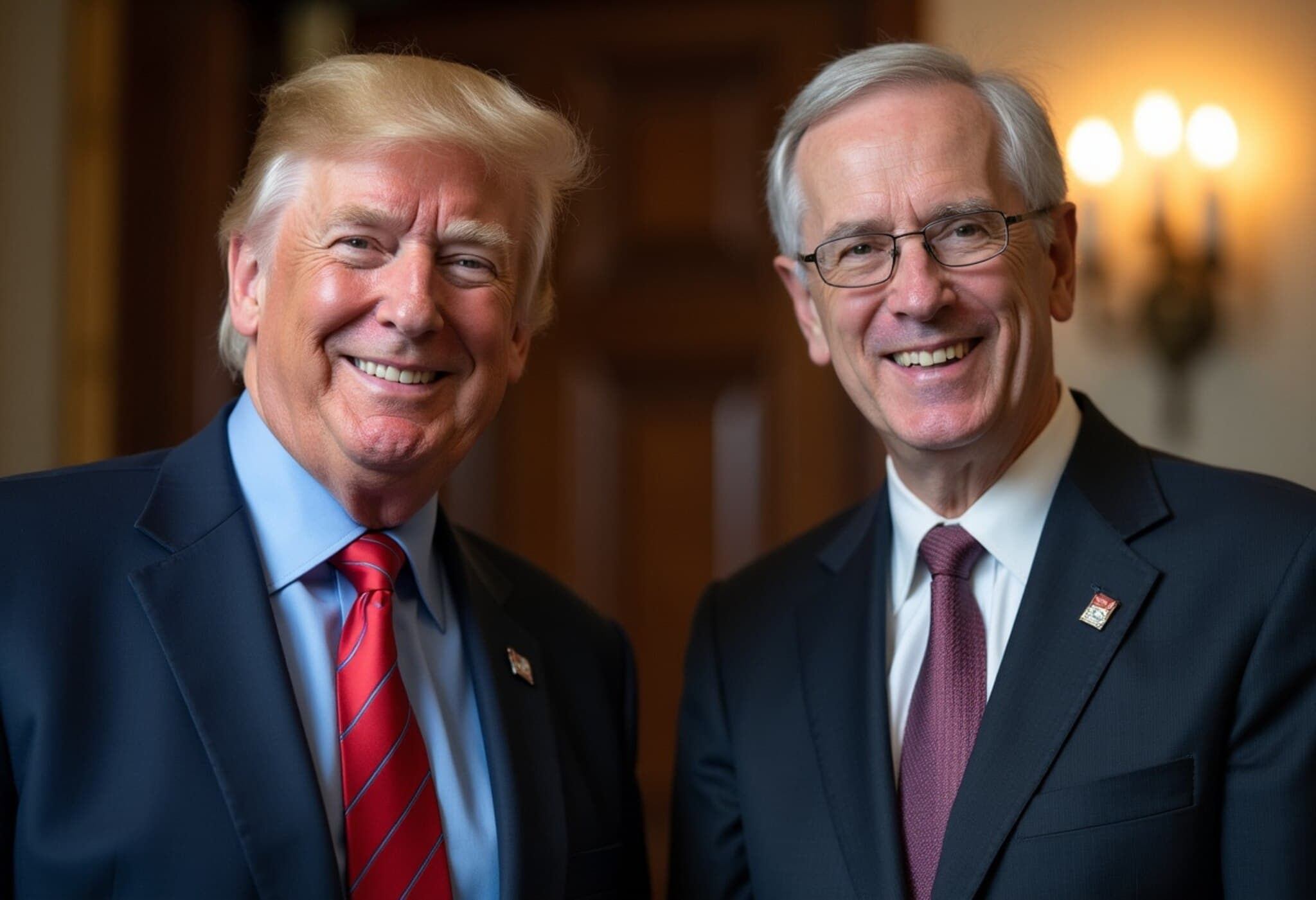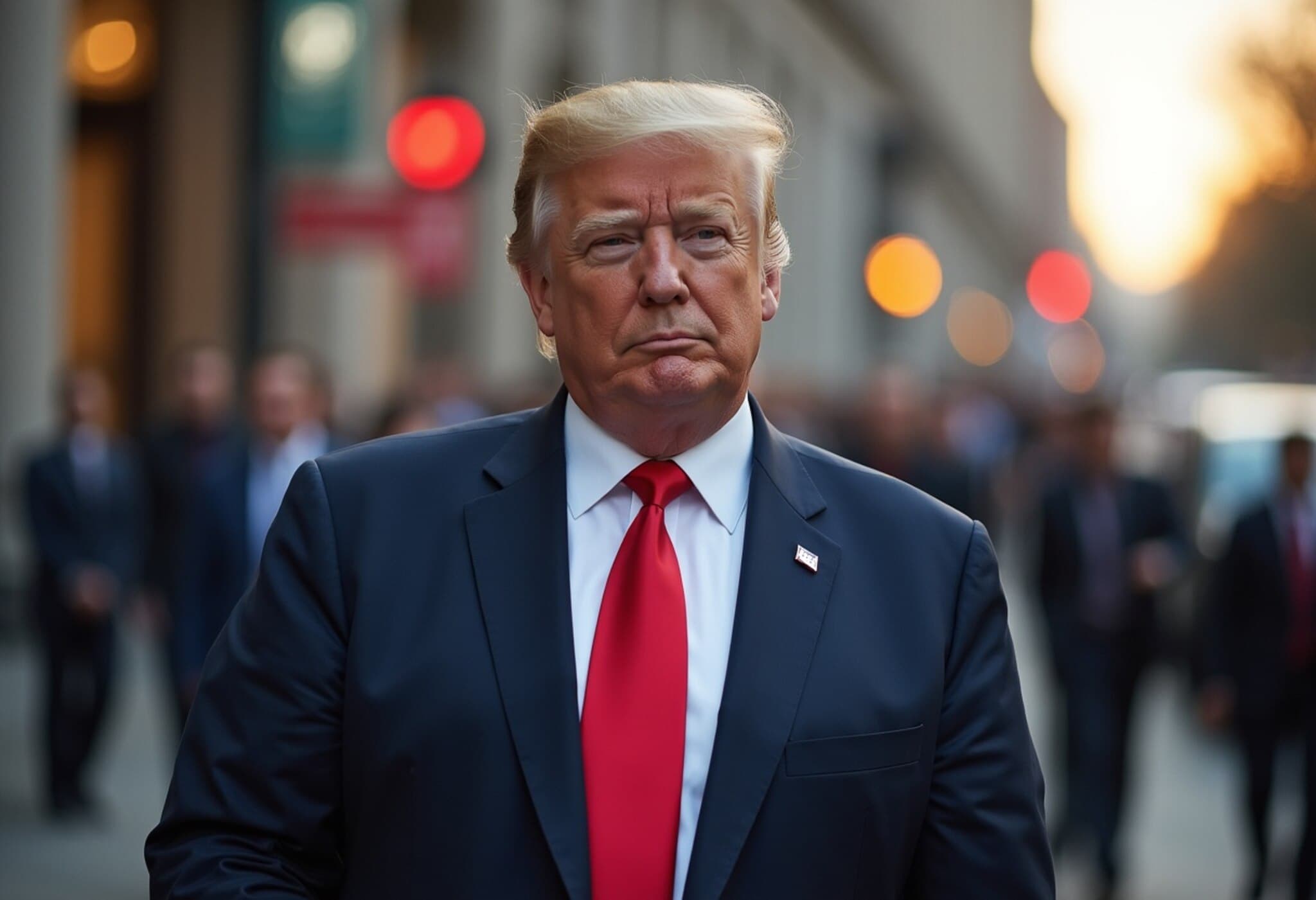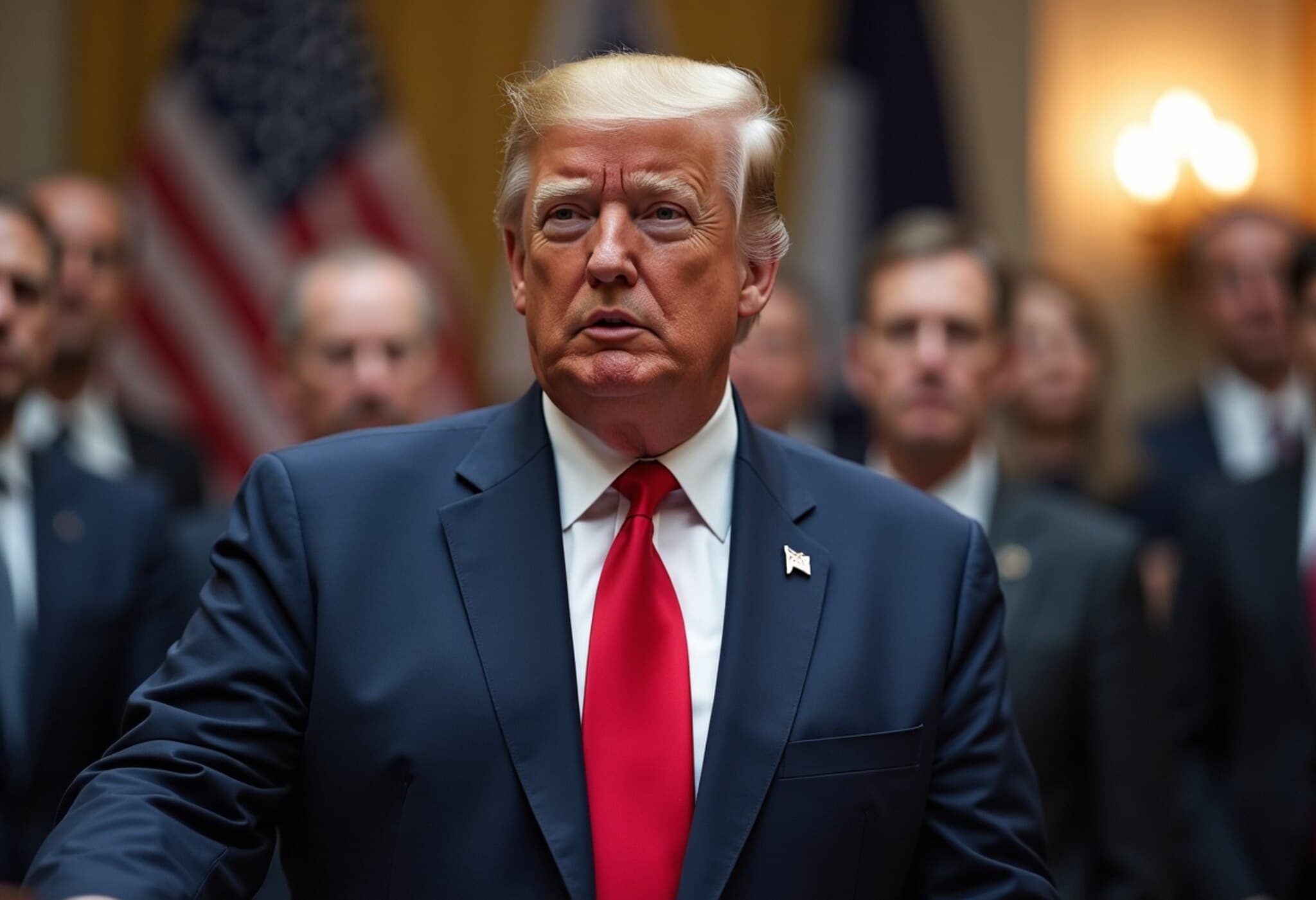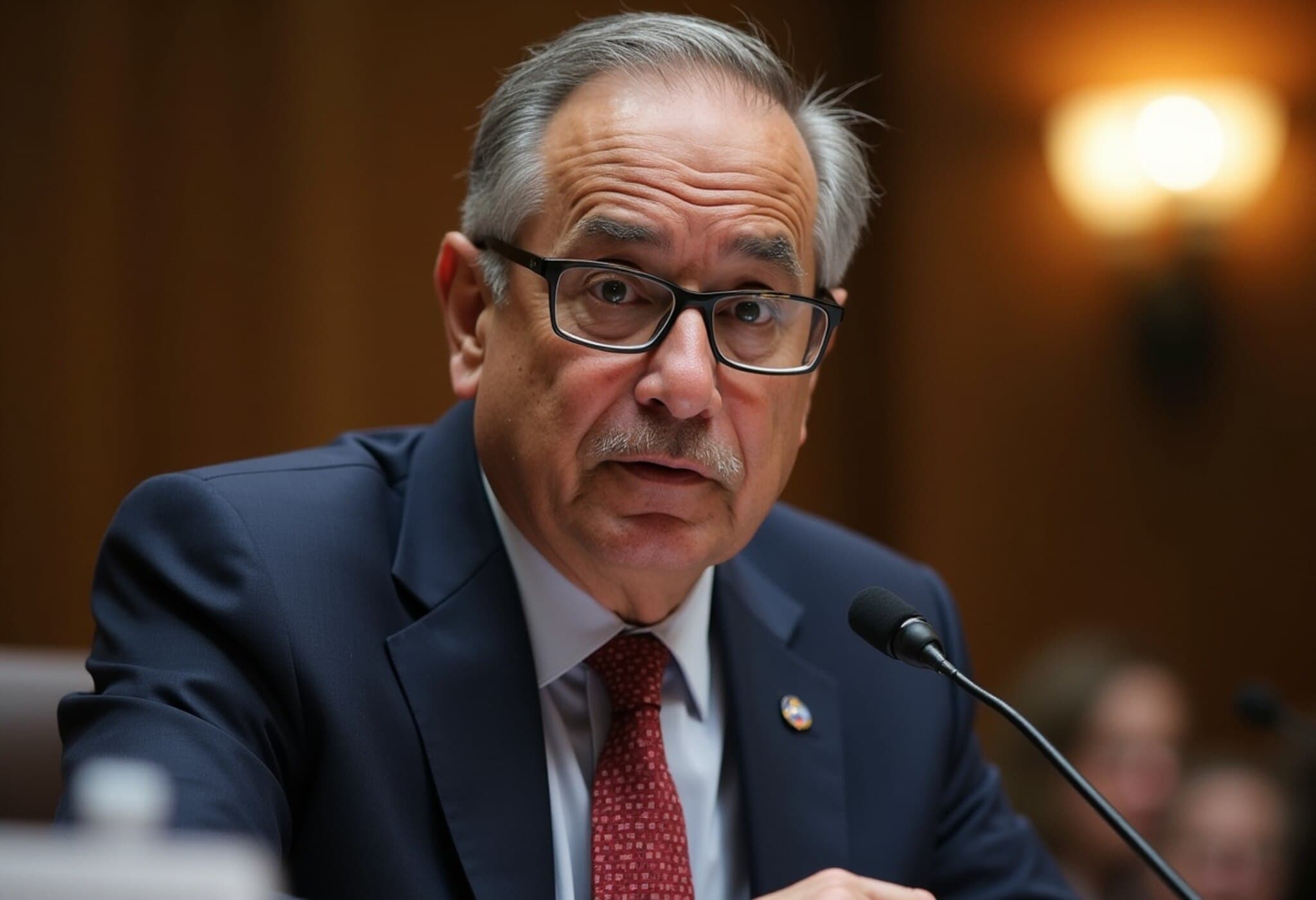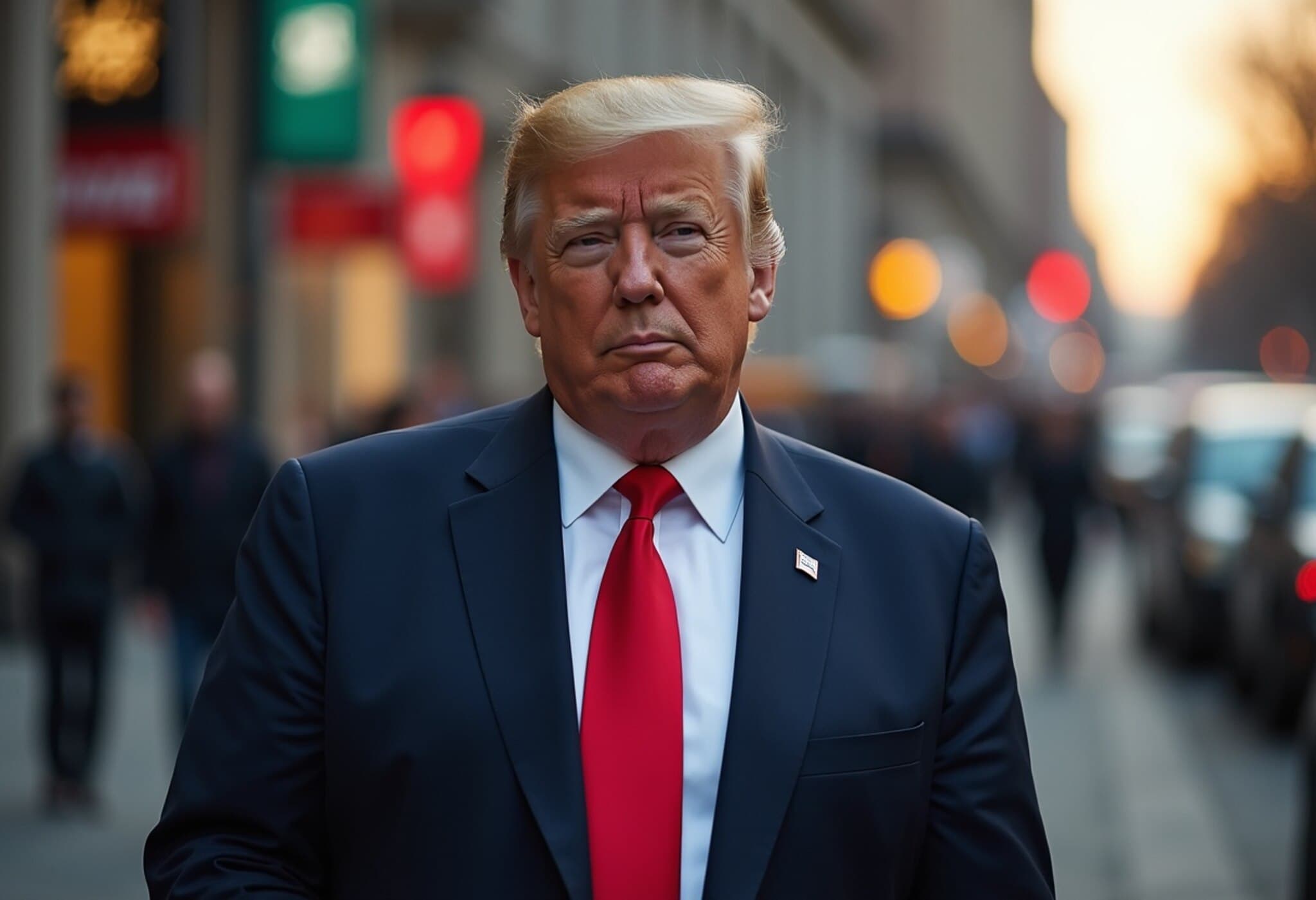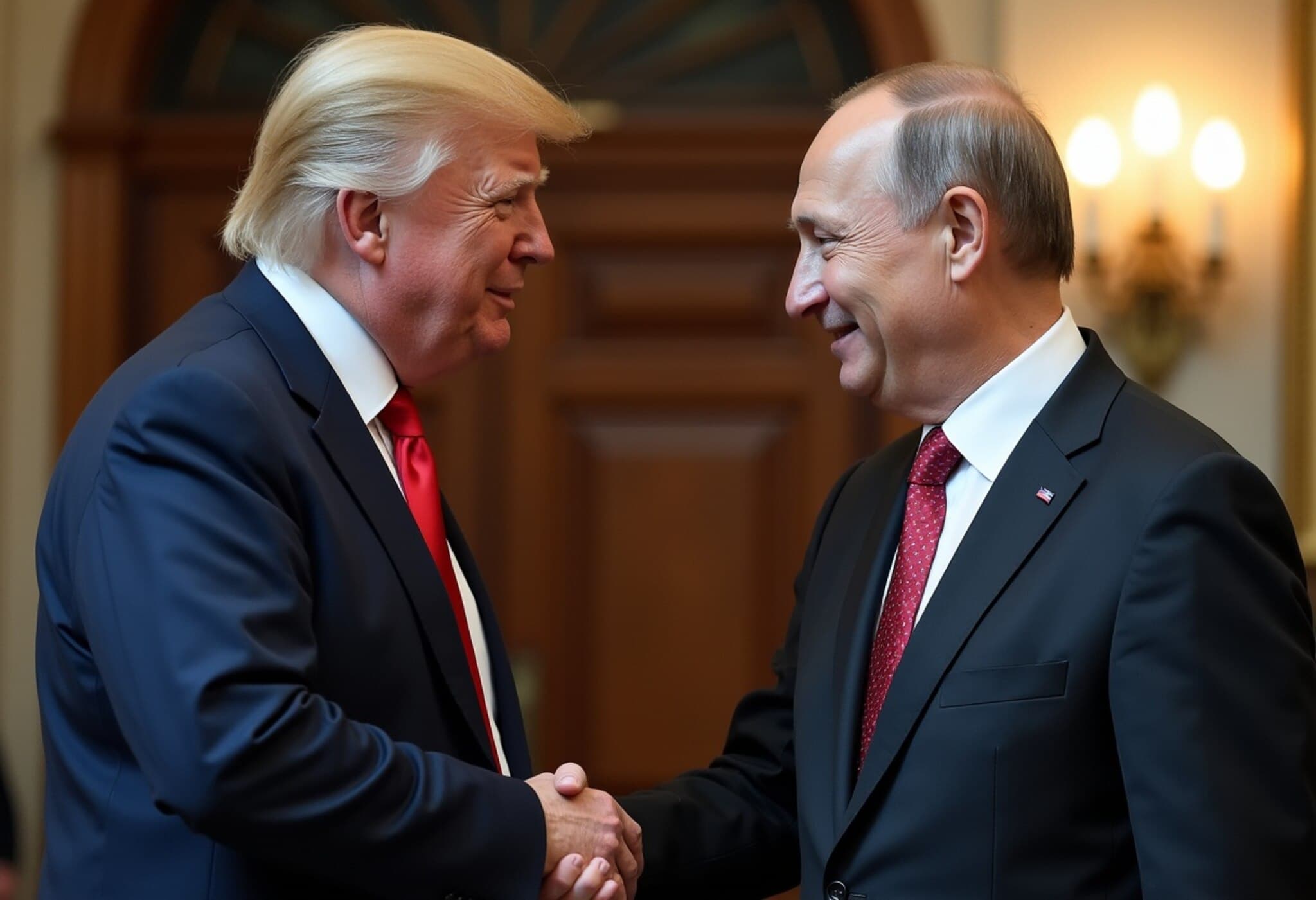US Senate Approves Genius Act Marking Major Crypto Regulation Milestone
In a landmark move, the United States Senate has passed the Genius Act, establishing the first comprehensive federal framework to regulate stablecoins—cryptocurrencies pegged to the US dollar. The bill secured robust bipartisan support with a 68–30 vote, signaling a pivotal shift in the country’s approach to digital finance.
What the Genius Act Brings to the Table
The Genius Act targets stablecoins that have long circulated in a regulatory grey area. Sponsored by Republican Senator Bill Hagerty of Tennessee, the legislation aims to modernize the nation’s payment infrastructure by enabling near-instantaneous settlements through stablecoins, deemed a “paradigm-shifting development.”
Key provisions of the bill include:
- Stablecoins must be backed 1:1 by US dollar reserves
- Monthly independent audits to ensure transparency
- Strict anti-money laundering (AML) standards to protect consumers
- Enhanced bankruptcy protections safeguarding bank depositors
- Empowering banks, fintech companies, and retailers to issue their own stablecoins
These measures aim to cultivate trust and stability in a sector often marred by volatility and fraud. Projections suggest that if enacted, the US stablecoin market could surpass $2 trillion in size in the coming years.
Shifting Political Landscape in Washington
The passage of the Genius Act signals a noticeable evolution in congressional attitudes toward cryptocurrencies. After years of skepticism, lawmakers are increasingly acknowledging the significance of crypto within the financial system.
During the 2024 election cycle, crypto-related political action committees invested over $130 million supporting candidates across party lines, bolstering the industry's influence and softening regulatory resistance. Senator Kirsten Gillibrand, a Democrat from New York and co-sponsor of the bill, emphasized that absence of regulation left American consumers exposed and hampered US competitiveness.
Republicans, buoyed by a favorable political climate and White House backing, have hailed the bill as a step toward restoring America's edge in global finance. The White House described the act as a way to eliminate regulatory uncertainty and reinforce the dollar's dominance within the crypto economy.
Contentious Debates Over Ethical Concerns and Oversight
Notwithstanding bipartisan support, the bill's path was fraught with controversy, particularly regarding ethical issues linked to stablecoin trading firms associated with former President Donald Trump. Some Democrats expressed apprehension about potential corruption and insufficient safeguards.
Senator Elizabeth Warren criticized the bill for inadequate regulation that could accelerate financial misconduct. Concerns also focused on the need for mandatory disclosure of stablecoin holdings by public officials, bans on profiteering from digital assets during office tenure, and restrictions on big tech companies issuing their own digital currencies.
Despite more than 100 amendments proposed to strengthen the bill, many were rejected by Republican leaders to preserve the legislation’s cohesion and timeline.
Negotiated Compromises and Remaining Dissent
In May, some crypto-friendly Democrats temporarily withdrew support calling for extended negotiations. Ultimately, a compromise was reached including:
- Disclosure requirements for congressional and executive members holding stablecoins over $5,000
- Clear Treasury-led rules to track suspicious activity
Still, prominent Democrats, including Senators Warren and Chuck Schumer, voiced ongoing reservations citing insufficient anti-corruption measures. Meanwhile, dissent from Republican Senators Rand Paul and Josh Hawley came from different angles—Paul criticizing overregulation harmful to innovation, and Hawley objecting to powers granted to major tech firms under the bill.
A Major Legislative Win for the Crypto Sector
Despite unresolved concerns, the Genius Act is broadly regarded as a watershed moment for crypto. Industry leaders praise the law for legitimizing stablecoins and integrating them into mainstream finance.
Next steps involve the House of Representatives, where swift action is anticipated. House leaders have expressed commitment to crafting an effective regulatory structure in coordination with Senate sponsors.
The bill still needs approval from the House and presidential signature before becoming law. Its passage, however, sets a strong precedent and energizes parallel legislative efforts aimed at comprehensive digital asset governance.
Shaping the Future of US Cryptocurrency Policy
The Genius Act ushers in a new chapter where digital currencies receive formal oversight, elevating consumer protections and solidifying US leadership in financial innovation. While ethical questions and conflict-of-interest concerns linger, proponents see this bipartisan legislation as a model for constructive policymaking.
As Senate Banking Committee Chair Senator Tim Scott stated, the bill exemplifies how cross-party cooperation can deliver tangible benefits for the American public. With the House now poised to deliberate, the stage is set for historic changes to stablecoin regulation and the wider crypto industry in the United States.

